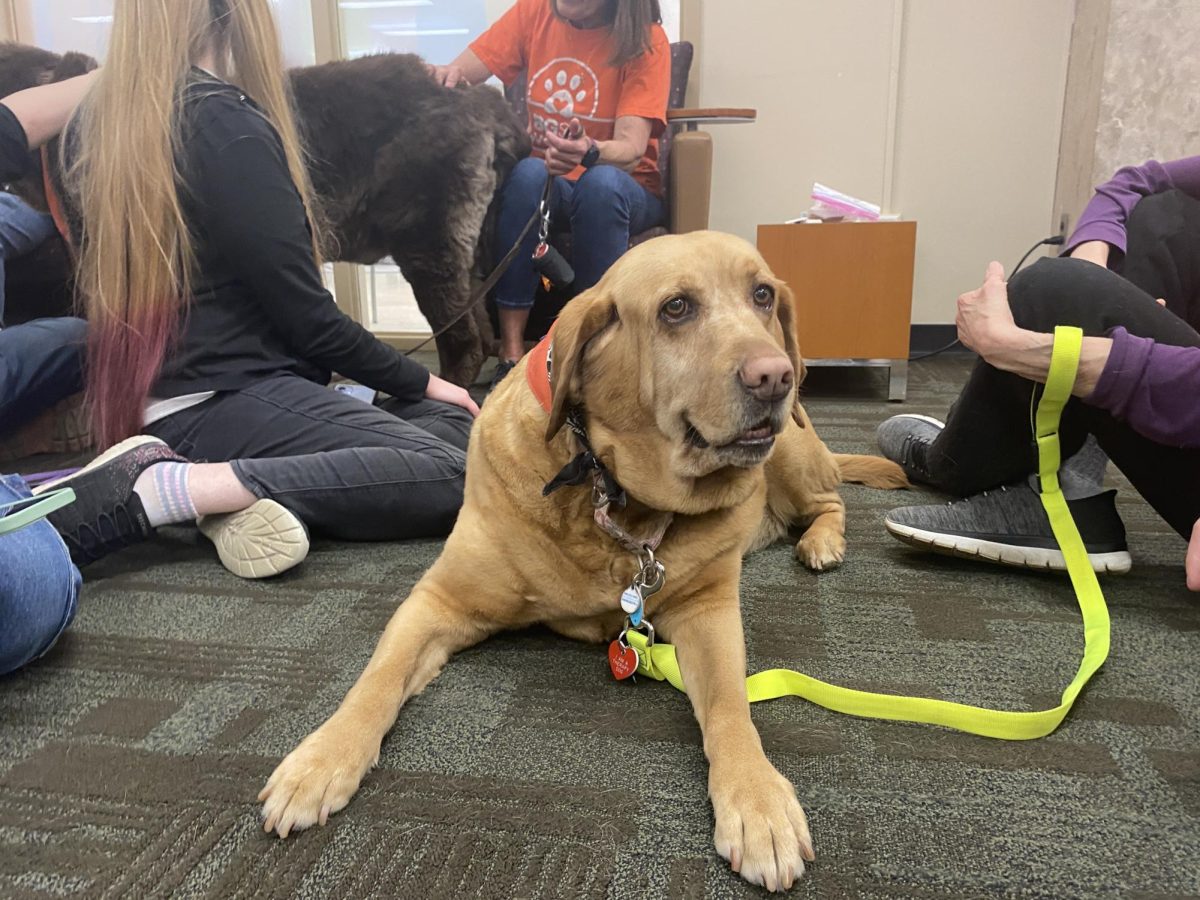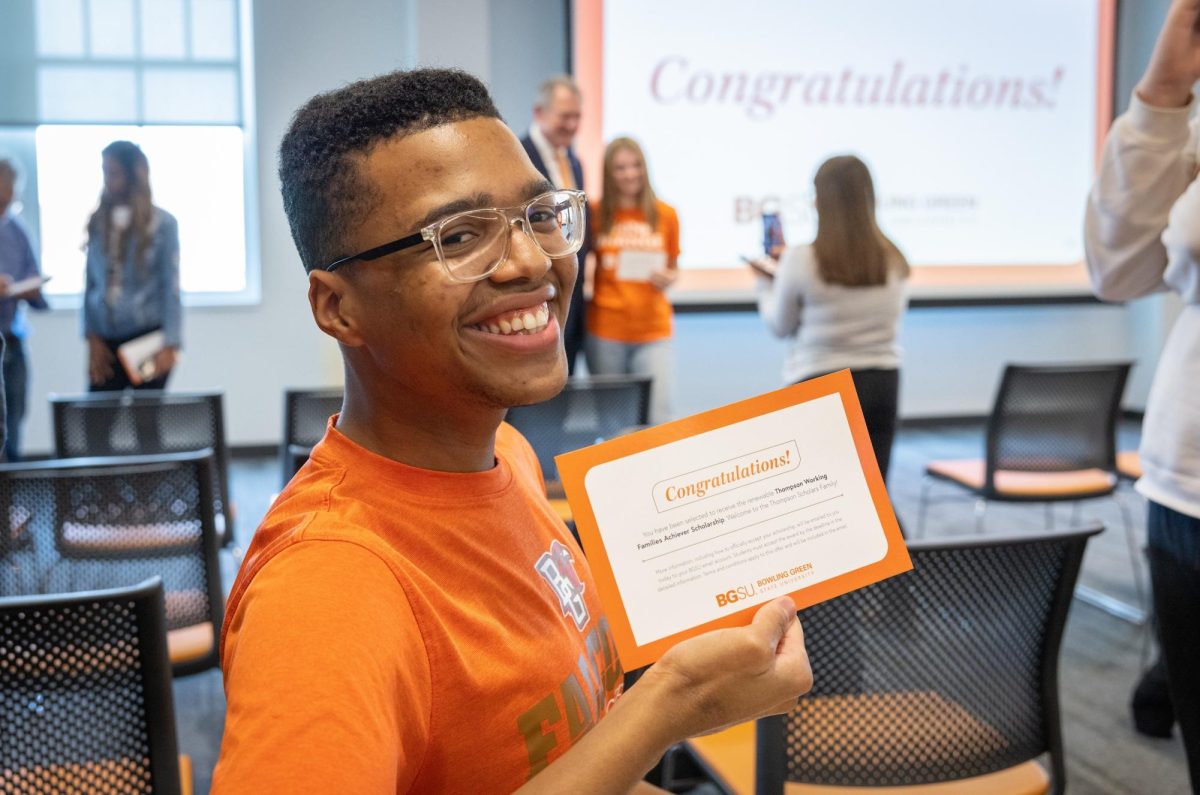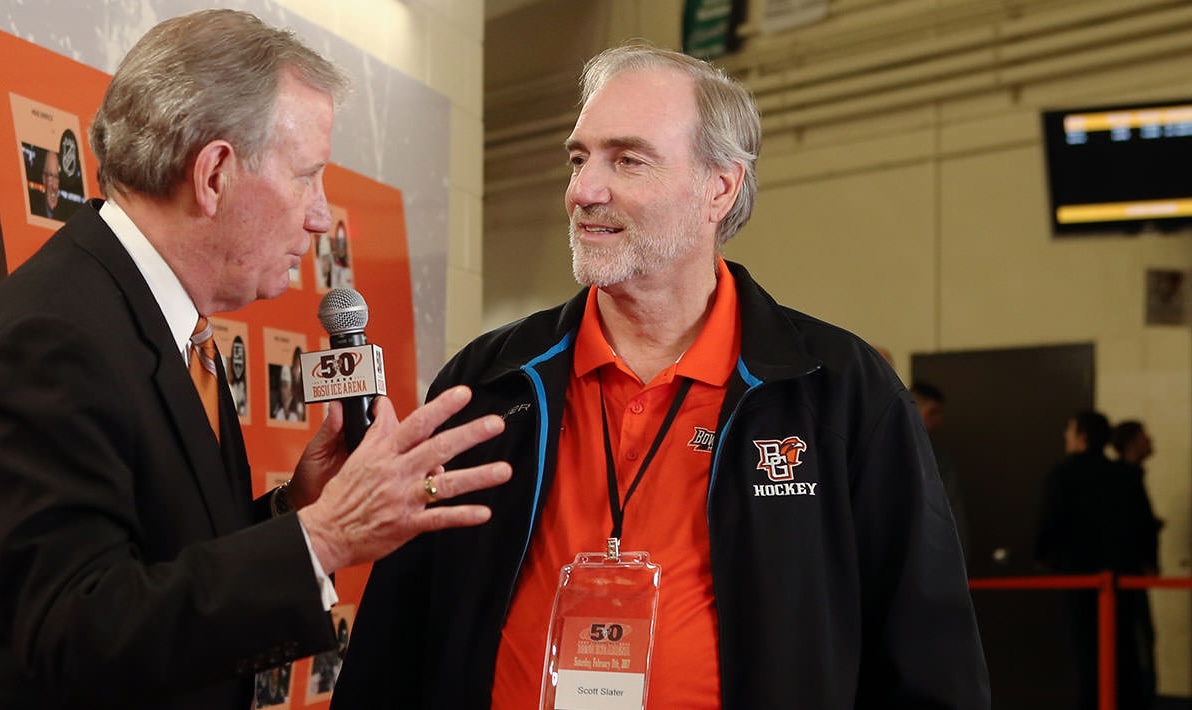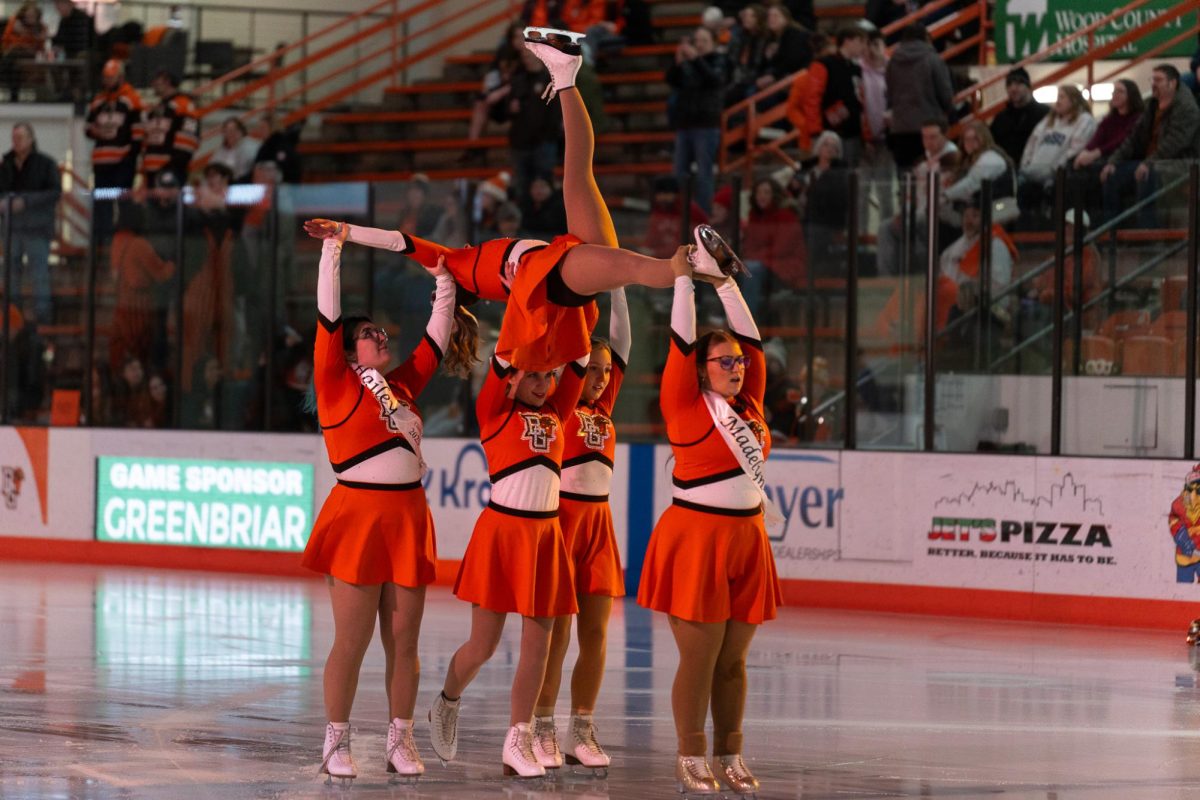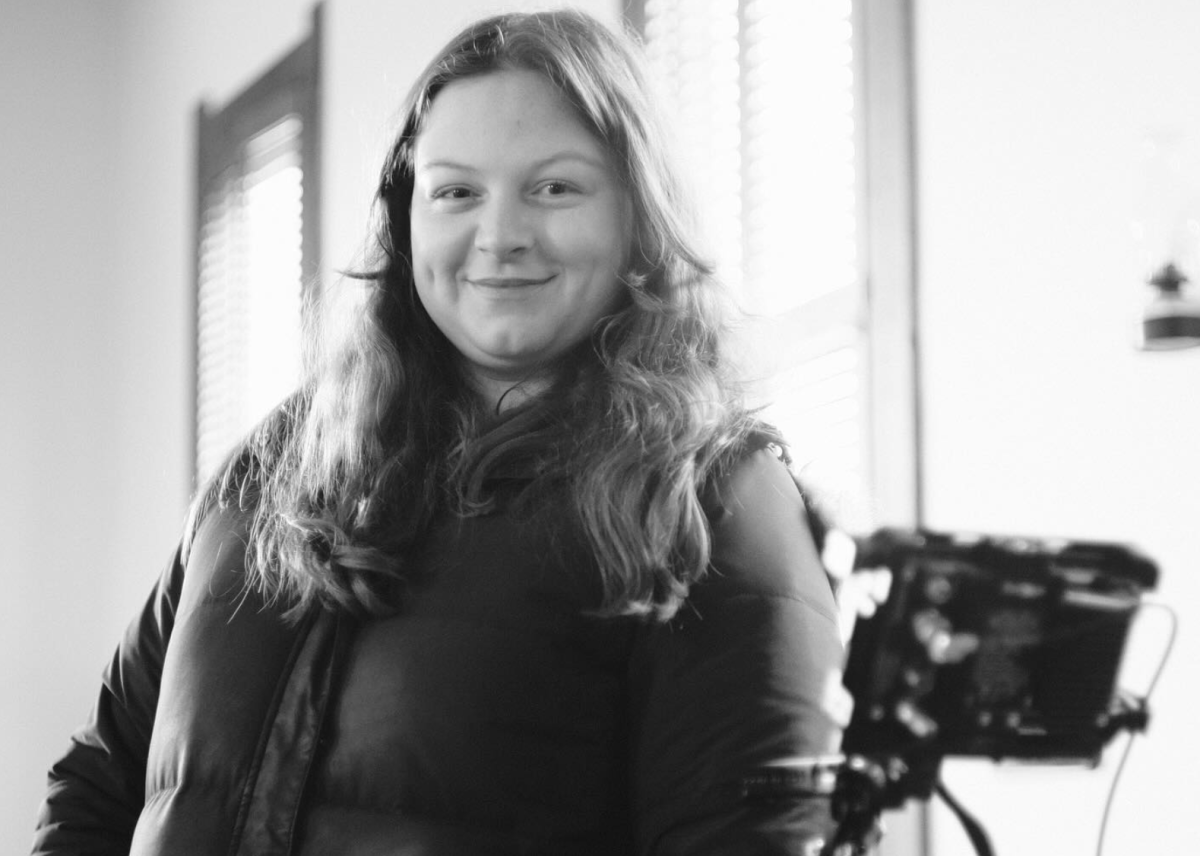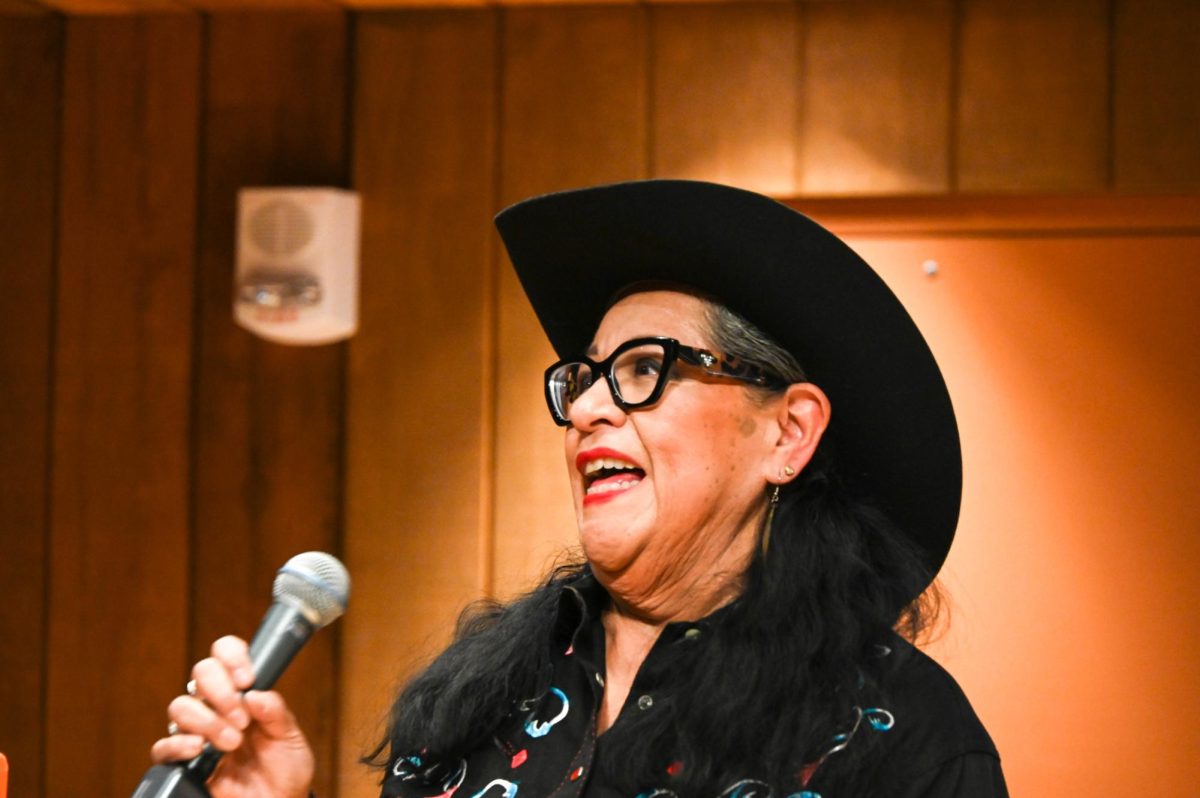Courage was the theme of the “That Takes Ovaries” event held Monday night in the Honors Loft in Harshman Quadrangle.
“That Takes Ovaries” is a unique initiative and nonprofit organization that mixes the arts with activism for women and girls’ empowerment. Since 2002 hundreds of “That Takes Ovaries” open mics have been held around the globe.
At an Ovaries open mic, women share stories of when they have acted boldly, and where men can brag about the ovaries in their lives; their mothers, sisters, daughters and friends. Women adapt the phrase “That Takes Balls” to inspire courage.
Organization founder and author of the novel “That Takes Ovaries,” Bobbie Ausubel, was the core speaker at Monday’s event. She said we all have mothers, teachers, neighbors, and other women that have affected our lives.
“They have fed us, befriended us and helped form the people we are today,” she said.
Ausubel talked about how she has lived a bold life by taking opportunities to stand out as an individual, first when she was denied access into libraries at Cambridge University for being a woman, to writing a play about the socialization of women through improvisation.
“In 1968, the first female liberation group was created during the Chicago Democratic Convention, where women protested for equal jobs, equal wages and equal opportunities for women,” Ausubel said. “This was a terribly exciting time and was the second wave of the civil rights movement that got me interested in helping women.”
Ausubel asked audience members what would make the University more equal for men and women. From suggestions of student mothers taking maternity leave, to offering extra stalls in women’s bathrooms to decrease lines, and creating a girl’s water polo team. Women shouted out ways for campus life to be a more enjoyable experience.
During the event, women acted out different stories located in the “That Takes Ovaries” book, to show the audience the courage women in our everyday lives possess, and told their own stories of when they were bold.
Sophomore Jessica Myers, an architecture major, told a story from the book about a woman in high school who stood up to men who had been degrading her and her friends. The men would rate the appearances of their body parts on a scale of one to ten everyday at the end of the lunch period. The woman wrote a note to the men telling them to stop, with 150 signatures of other women who wanted the same.
Junior Alisha Hill, broadcast journalism major, caused an uproar of applause when she removed her black cardigan to reveal a hot pink tank top after reading “Why cover what you can’t hide,” during her storytelling of a curvaceous woman wanting to wear more revealing clothes without being self-conscious.
With dozens of people in attendance, audience members learned how courage is contagious, and by leading a bold life, they could help themselves and their community. Ausubel asked students to form a line at the mic and tell their own stories of when they were bold.
By the end of the event, 21 people had told their story and recognized what they did “took ovaries.”
Myers said to audiences she was courageous everyday.
“I am an architecture major,” she said. “I am a woman in a field dominated majorly by men. With this as my major and also being as petite as I am, I am not taken seriously. But I stick with it because I love it.”


